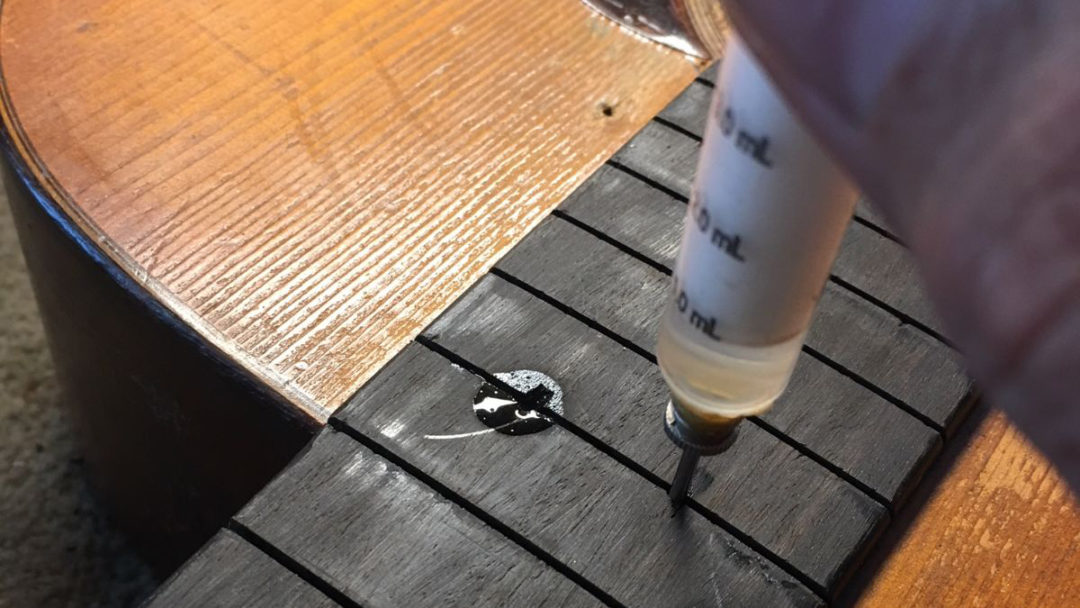
It’s not too difficult to find a guitar that’s in bad shape out there – probably in more than a few garages or at least garage sales. Often, they’re battered, broken, and maybe weren’t even made that well in the first place.
But if you’re looking for a new guitar that’s in good shape or have an older one that needs to be fixed, what do you do?
What To Look For In A Guitar Luthier
Consider a guitar luthier, who is someone who has received extensive training in repairing and building guitars and other stringed instruments. Some luthiers specialize in acoustic guitars, some in electric guitars. But this title generally declares them to be a skilled guitar repair specialist and a master guitar maker, which is recommended if you’re looking for quality repairs.
Researching Luthiers
If you’ve never looked for a professional guitar luthier, it helps to know something about the profession and the training they’ve received. It’s also suggested that you get to know luthiers, especially any in your area, who you potentially can work with for years.
This means feeling comfortable with their training, plus their proposed solution, their price, and their timeline.
For instance, some may have acquired their knowledge traditionally by spending years with a single luthier. Perhaps they have luthiers in their family and have learned a thing or two just by working on them without formal training.
If you’re interested in someone with more formal training, there are a variety of degree programs that teach a standard, comprehensive education for an elite guitar builder.
Experienced Guitar Luthier Training
For instance, the Musicians Institute Guitar Craft Academy in Nashville is an authorized post-secondary educational institution that offers certificate programs via a variety of classes for credit along with supplemental workshops.
These cover many of the technical aspects of being an expert guitar luthier and custom guitar builder, such as the physics of sound; woodworking; metalworking; and electricity.
When considering a luthier, it’s appropriate to ask him or her more about themselves, their interest in music, what courses they took, and what kind of instruction they received.
Questions to Consider Finding a Guitar Luthier
Price and timeline could both affect who you hire. If you have plenty of funds and plenty of time, it shouldn’t be a problem. But if you have a certain time by which you need a custom guitar or yours repaired, it might require some negotiating.
In many cases, a busy luthier that services a wide area may have a first-come, first-serve policy, but may make exceptions for emergencies, such as a broken instrument before a performance. Even if they say “I’ll get to it later”, a customer can ask for clarification: 3 months? 6 months? 1 year?
Some of the services might seem expensive, but repairing guitars can also be quite complex, whether it’s to create something new from scratch or get something damaged back into working order.
Musician’s Institute | Guitar Craft Academy
If you’re considering a guitar luthier, MI Guitar Craft Academy can give details of the typical academic plan that students can receive. You can ask prospective luthiers about the general scope of their knowledge.
